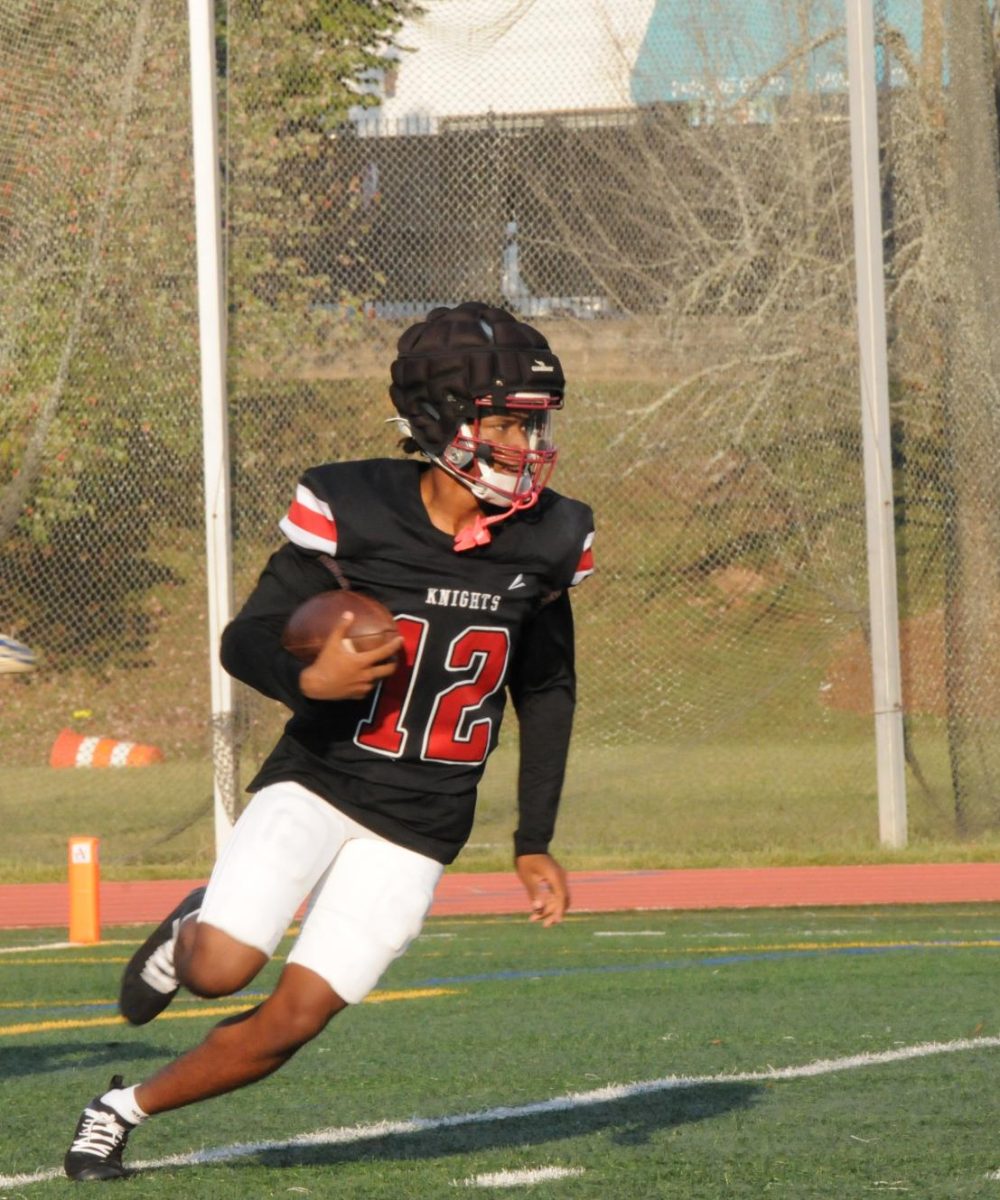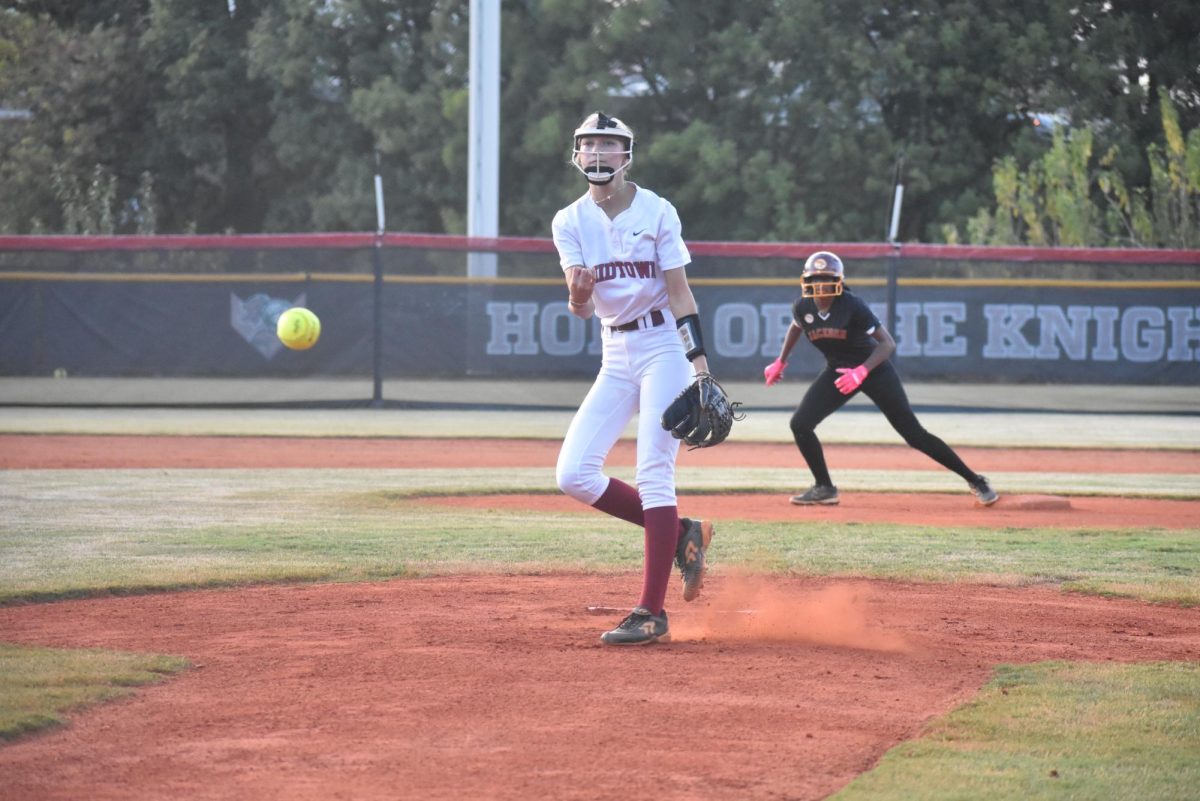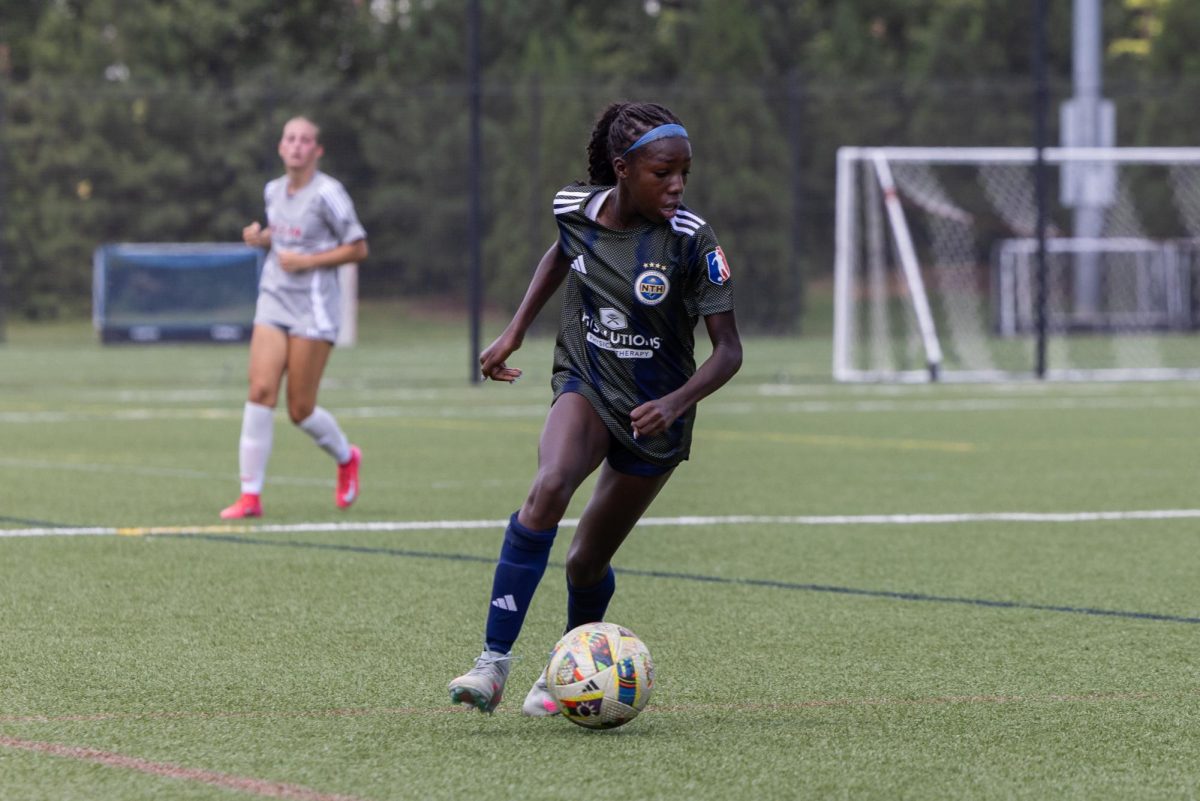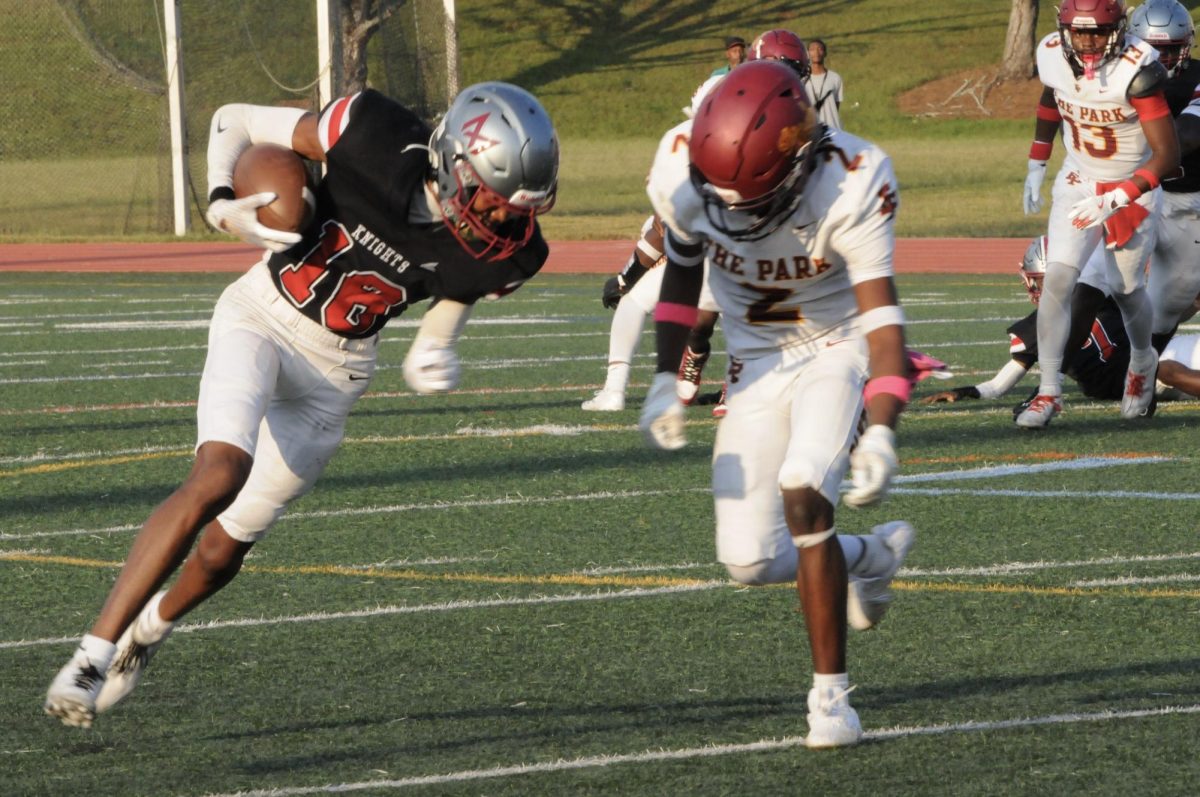At the Georgia Latin Convention, there is an activity called “Rent-a-Roman.” A student volunteers to be rented by fighting his way onto a podium (it’s actually a drink cooler) that is set up amongst a crowd of people, who then proceed to bid on the student. The student then becomes a “slave” to the highest bidder for the rest of the day. While this may seem creepy and illegal, it is actually a very fun and efficient way to raise money. Just ask the Emory University crew team, which has employed a similar fundraising process successfully for years.
Anyone who has played club sports at Grady knows that funding is always an issue. That’s true in college as well. Without such creative approaches to fundraising, Emory’s crew team wouldn’t have an ore in the water.
“As far as clubs go, [the crew team] may be one of the more expensive ones at Emory, but we do have this great program that helps lower dues for students,” said Tommy Connor, the team’s assistant fundraiser this year.
Emory’s program is called “Rent-a-Rower,” and its name describes the activity perfectly. One can rent a member of Emory’s crew team to do any sort of job.
“Anyone in the surrounding neighborhoods and communities, if they have any jobs that they need help with, they can hire one of our teammates,” said Connor, who is also in charge of the Rent-a-Rower program. “The jobs range from moving, to doing yard work, babysitting, serving at parties or helping do dishes or laundry. [They include] just about anything we’re willing to do.”
People who are interested in renting a rower can either fill out a form on the team’s website, http://emorycrew.com/fundraising, or contact Connor directly, via email or phone.
Connor explained that the people who hire them are genuinely trying to help the team.
“They know that more reliable work is out there, but the people that are going to hire us for these jobs definitely care about the school; some of them are former rowers, so they know how hard it is to pay for things,” Connor said.
The money the rowers make subsidizes team dues, which can range from about $500 a year for novices (usually freshmen), to about $800 a year for varsity members (usually upperclassmen). The price rowers charge for their service is explained on the website and on fliers that the teammates are required to help distribute throughout the neighborhoods surrounding the Emory campus.
The cost for this type of labor is generally reasonable, Connor said, but the team members are still able to raise a good deal of money.
“As far as hourly wages go, it’s pretty fair, and usually the people that hire us are aware of [the price] and are generous with helping out” Connor said. “Per rower, per hour, it’s $20, but if you hire for four hours, it’s $60. And that’s per rower. A lot of jobs will be two or three rowers so these people could be shelling out $180 for 12 hours of work.”
As far as participation in the program goes, being rented is completely voluntary.
“The more jobs you do, the more your dues get paid,” Connor said. “But there is a limit so that you can only do as many rent-a-rowers as is enough to pay for the current semester’s dues plus $100 towards the next semester. After that, you have to let other teammates sign up for the jobs.”
Most of the teammates participate in at least one rent-a-rower job.
“Everybody needs money because we’re all poor college kids,” said Becky Han, the newly elected assistant fundraiser (for the 2013 year). “People don’t want to miss an opportunity at all.”
Much like club sports at Grady, the crew team does not get as much funding as Emory’s varsity sports, but Han doesn’t think that is necessarily a bad thing.
“Since we’re a club sport, we kind of get to choose which regattas, or races, we go to. Since we’re not varsity, we’re not really mandated as much by Emory or by NCAA,” Han said.
Han believes the Rent-a-Rower program is rewarding. She said the team members enjoy the process and are often more than compensated for their hard work.
“The experiences I’ve had, they’re fantastic people,” Han said. “There was one time that I went and the lady was like, ‘I’ll have cookies and milk for you when you get done.’ So the people are very inviting and very welcoming. We work hard for them and they pay us and sometimes they give us more than they should just because they like to donate to us, because they know that it costs a lot of money to go to these places, and do crew, and to buy equipment and all that. But generally people are very nice and very friendly.”
Connor said he has had similar experiences when he was rented.
Neither Connor nor Han know how long the program has been around, but it has been very successful in raising funds for the Emory crew team. Not only has it helped them raise money for the team, but it has provided a service to the community. Grady student athletes needing to raise money could possibly take a lesson from the Emory University crew team’s Rent-a-Rower program.





